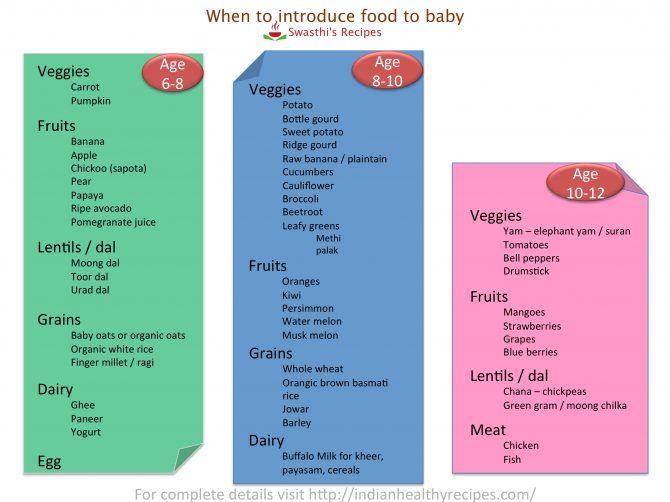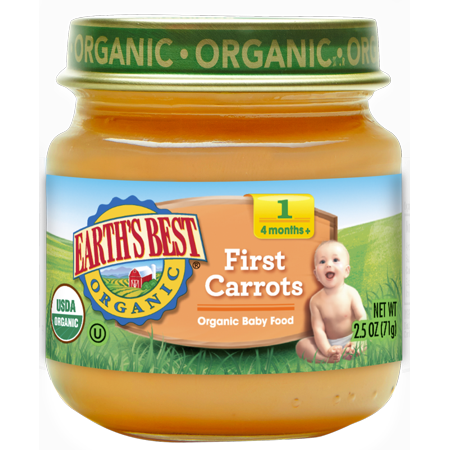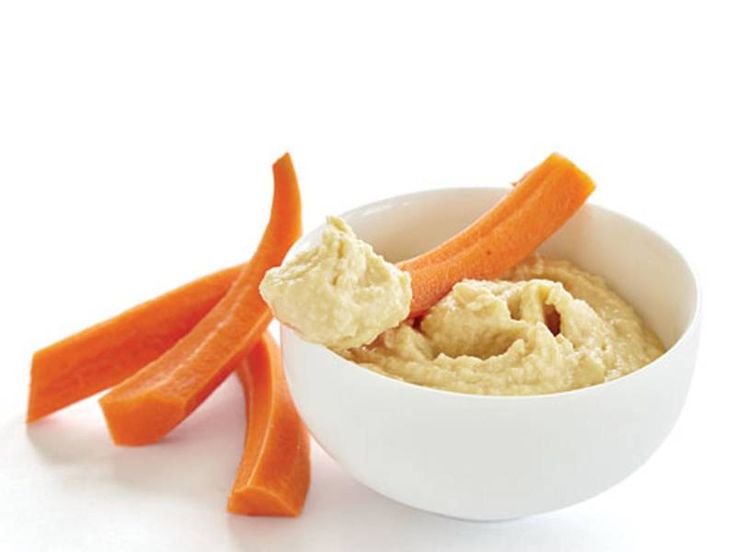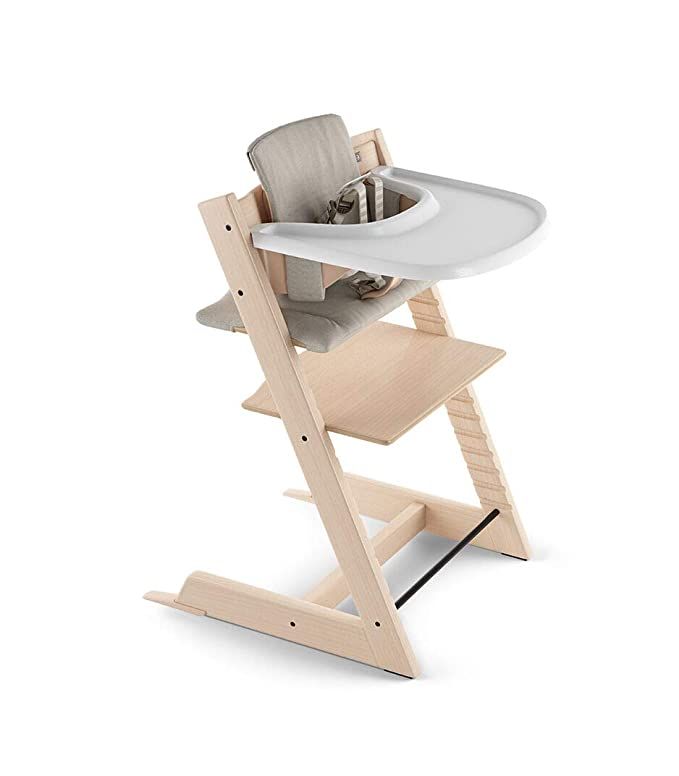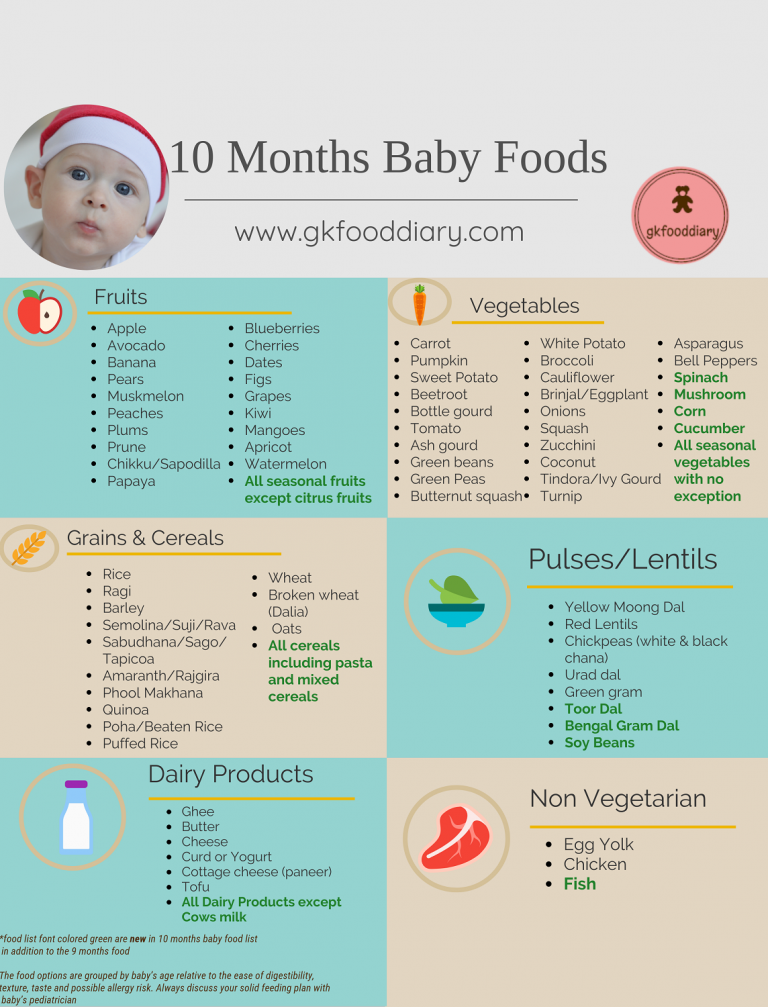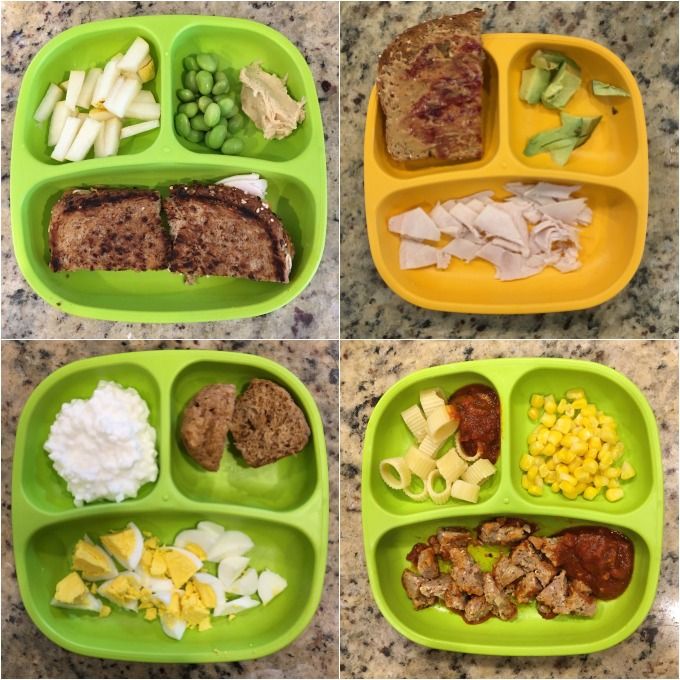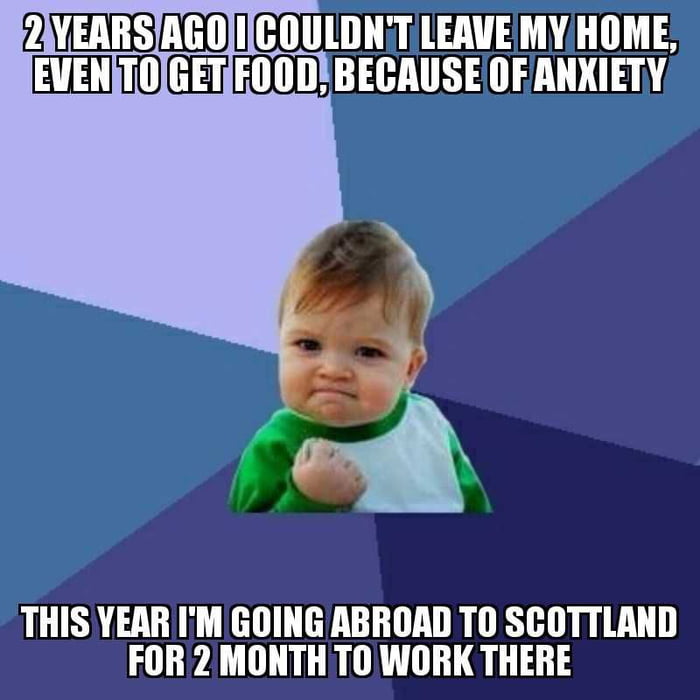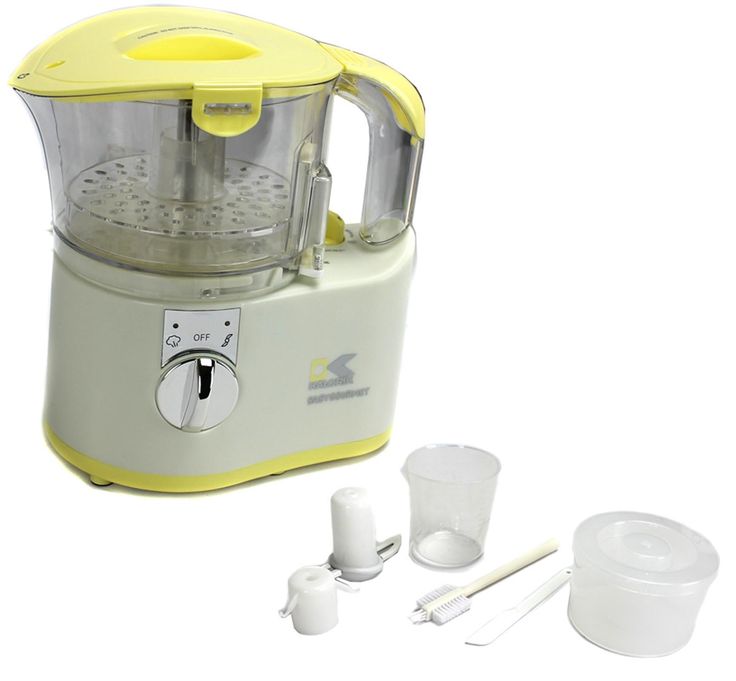Buying baby food in france
Formula and Food in France for Babies and Toddlers
Everything you need to know about taking a baby or toddler to France…
Breastfeeding in France
If you are breastfeeding you will have no problem feeding your baby publically while in France. If it is warm, remember to stay hydrated and eat well while breastfeeding.
Supermarkets
There are plenty of large supermarket and pharmacy chains in France (such as Carrefour and Monoprix) where you can buy formula, food, wipes and nappies but generally the products will differ from what you can get in the UK and Ireland. Some of the supermarkets close on Sunday. Most large supermarkets are open from 9am until 9pm. Smaller supermarkets might close on Mondays or for a few hours during the day (particularly in more rural locations).
Water Quality
The quality of the water in France is good and it is generally safe to drink tap water. Always ask about the water locally before drinking it. Bottled water is available everywhere but please be mindful of the fact that it can be overpriced in hotels and it is cheaper to buy it in the local shops and markets.
It is safer to use boiled bottled water for babies under 6 months when making formula if you are uncertain about the water quality locally. Check to ensure that the mineral water is low in sodium and minerals. Evian and Vittel is widely available in France and is suitable for babies.Baby milk in France can be different to formulas in the UK and Ireland. It is likely that the brand of formula that your child is used to will not be available and if it is, it may taste different. It is always safer to bring your formula with you and you can buy other bulky items such as nappies and wipes there. Aptamil is sold as Milupa in France and is generally available in Carrefour (Stage 2 only). Hipp Organic is also available in Carrefour. Milupa for hungry babies has the words ‘comfort plus’ on carton of formula. Popular French formulas include Bio Baby, Enfamil, Nutricia and Nestle Nidal. You will be able to buy these brands in supermarkets and large pharmacies.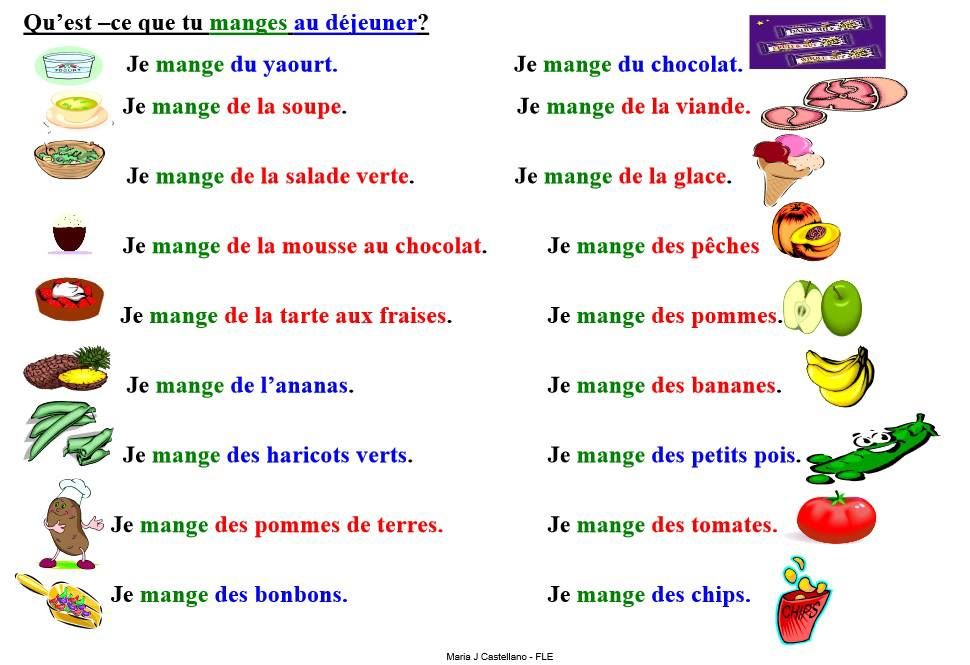 Fresh milk is also available in pharmacies and will be labeled Lait Frais. Again, these brands may taste different to what your baby is used to and it is always advisable to bring your child’s formula with you from home.
Fresh milk is also available in pharmacies and will be labeled Lait Frais. Again, these brands may taste different to what your baby is used to and it is always advisable to bring your child’s formula with you from home.
Baby Food is largely the same as in Ireland and the UK and you will be able to buy a wide variety of flavours. Hipp Organic is available in Carrefour and some larger supermarkets. You will be able to buy snacks, fruit puree, cereals and yoghurts which are similar to the brands available in the UK and Ireland in most supermarkets and in some of the larger pharmacies. Older babies and /toddler meals are excellent in France, you will have a range of options, including duck dishes, paella and risotto. Fresh meat and vegetables are widely available in larger supermarkets if you want to cook for your child and Boots in the UK and Ireland do a range of handy organic, salt free stock cubes which are easy to pack and make a great base for cooking.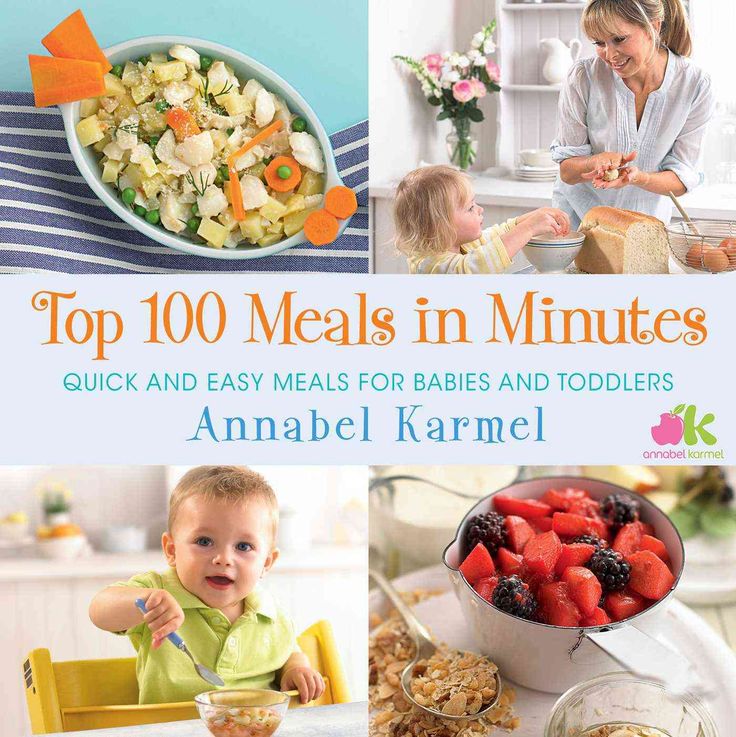
You could either bring microwave sterilizer bags (these are great if you are staying in self catering accommodation or if your hotel will allow you access to a microwave) or sterilizer bags which you fill with water and leave for 30 minutes. Both of these options are small and lightweight and can be packed easily and are available in Boots in the UK and Ireland. Another option is to bring sterilizer tablets. To use these you will need a large container with a lid.
NappiesCarrefour and Monoprix and other supermarkets and larger pharmacies sell nappies, wipes and other essentials for your baby. Nappies are called couches in France and Huggies and Pampers are both sold. Carrefour also sells Huggies Swim Nappies. For more tips on formula, food, sterilising and nappies/ changing overseas click here.
Eating Out
When eating out you will often find that a smaller section of the menu is reserved for kids meals.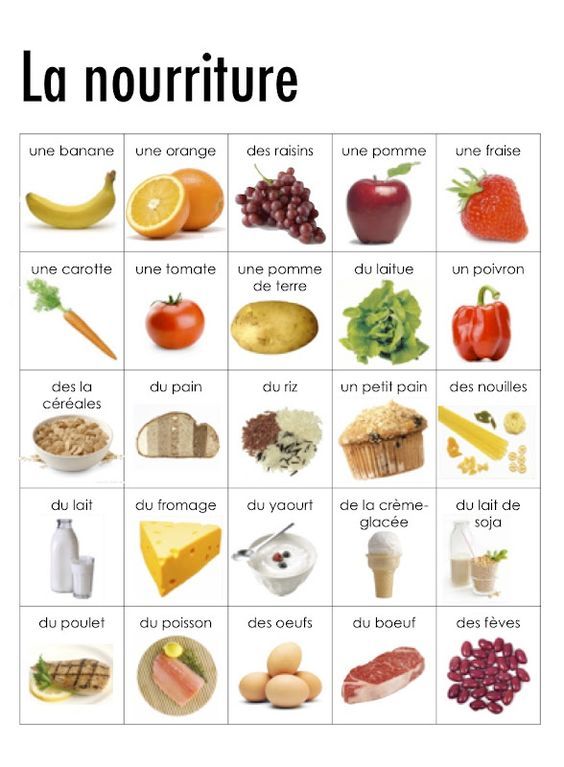 Kids meals tend to be healthier than in the UK and Ireland and range from pasta dishes to minced steak. If you are travelling with a younger baby or toddler, it is best to bring a fold away high chair as many of the restaurants offer flimsy highchairs or booster seats suitable for older toddlers. Having a fold away high chair gives you the flexibility to eat anywhere.
Kids meals tend to be healthier than in the UK and Ireland and range from pasta dishes to minced steak. If you are travelling with a younger baby or toddler, it is best to bring a fold away high chair as many of the restaurants offer flimsy highchairs or booster seats suitable for older toddlers. Having a fold away high chair gives you the flexibility to eat anywhere.
Ideally, you should bring both a stroller and a sling/ baby carrier with you. You might want to bring a smaller fold up stroller for older children however it is very handy in the evenings if your baby can sleep in a stroller when you eat out, so make sure whatever you bring is comfortable. When in Paris, a backpack stroller can be very useful if you are using the metro and other forms of public transport a lot. Remember to bring a sun shade or a parasol and blackout covers are fantastic if you will be out and about a lot as they allow your child to sleep easily.For information on slings and strollers click here.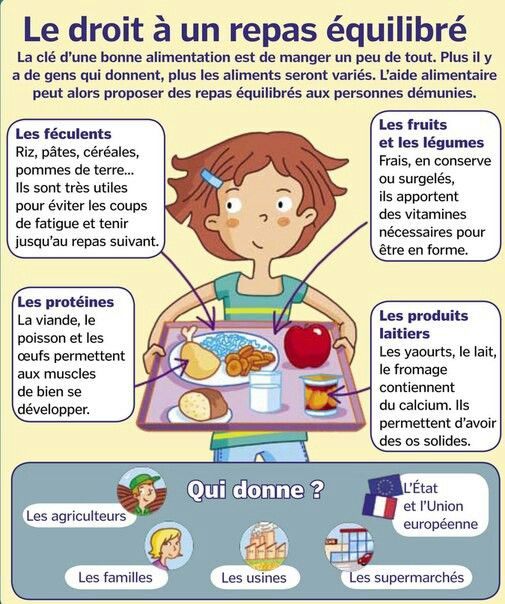
Irish residents can apply for the card at http://www.hse.ie/eng/services/list/1/schemes/EHIC/ and UK residents can apply at www.gov.uk . This card allows you to get health care covered by the public health system in France. If you have previously applied for a card make sure that it is in date before you travel. Travel insurance should be taken out if you are covered by private healthcare however check your policy as it may offer you some cover while overseas. The European Emergency number is 112 where you will get English speaking operators who can direct your call to the appropriate emergency response services.
PharmaciesMost pharmacists speak English well and if your child is unwell they may be able to direct you to a doctor or hospital.
Consular ServicesContact your consular service or embassy if you have been a victim of crime, arrested on suspicion of committing a crime, if you or anyone in your family has a serious illness, experience the unexpected death of a partner or spouse and for help with repatriation after a crisis.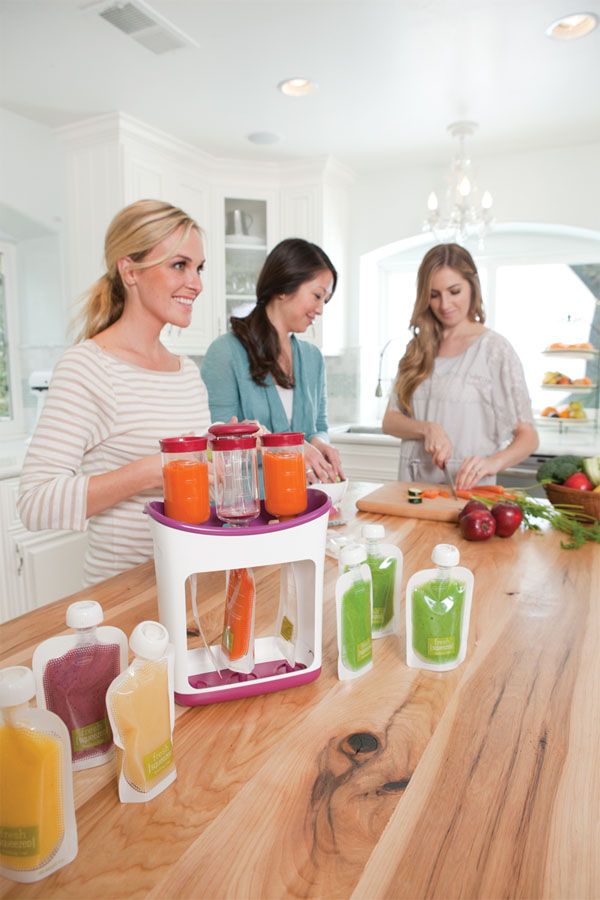 Consular offices also provide help in the case of a lost or stolen passport. The contact number for the Irish Embassy in Paris is located at 4 Rue Rude, 75116 Paris, France (Tel: + 33 1 44 17 67 00). There are British consular services available in Paris, Bordeaux and Marseilles. The address of the consular service in Paris is 16 rue d’Anjou, 75008, Paris (Tel: +33 (0) 1 44 51 31 00
Consular offices also provide help in the case of a lost or stolen passport. The contact number for the Irish Embassy in Paris is located at 4 Rue Rude, 75116 Paris, France (Tel: + 33 1 44 17 67 00). There are British consular services available in Paris, Bordeaux and Marseilles. The address of the consular service in Paris is 16 rue d’Anjou, 75008, Paris (Tel: +33 (0) 1 44 51 31 00
There are mosquitos in the south of France although there have been no reports of malaria. There were reports of Dengue fever in the South of France in 2014 however this outbreak appears to have passed. Click here for further information on insect protection and how to deal with bites.
Car SafetyTaxis in France will have a seat belt in the back if you plan to bring your own car seat however this may be cumbersome and you can also arrange to hire a taxi with a car seat if you will only be using a taxi for airport transfers (See getting around).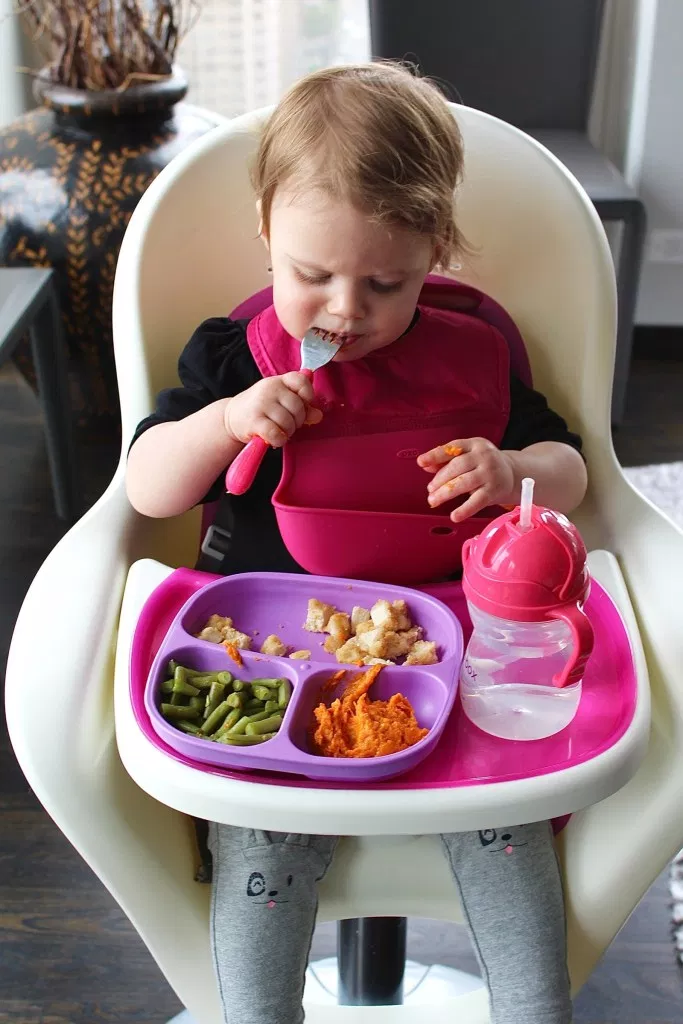 For further information on keeping your child safe while travelling, click here.
For further information on keeping your child safe while travelling, click here.
See also…
Paris
Brittany Ferries
Best Campsites in Brittany
Pagel, Lot
Baby food
Find your top-quality French baby foods here
Welcome to our French baby foods list! Team France Export – Business France is proud to present you its selection of products for infants and pregnant women. We have gathered the best baby milk, purees, low-sugar compote pouches and healthy snacks that the French market has to offer. As you will see, most of our items are organic and all of them are made in France. Feel free to reach out to us if you need more information or a quotation!
Baby first food from your favourite French suppliers
Stage-1 organic baby food is ideal for infants between 4 and 6 months old. It consists of single-ingredient dishes with a soupy texture and no chunks at all.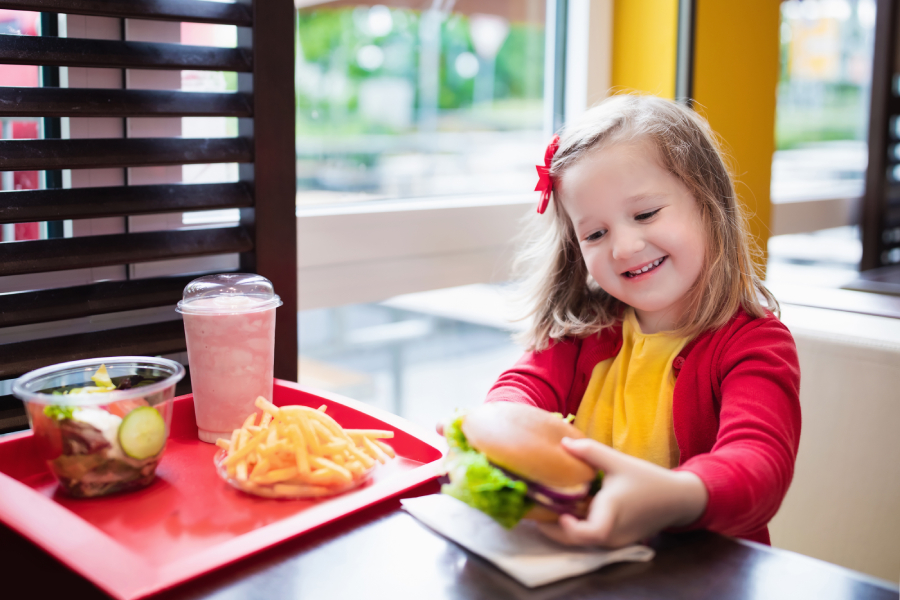 High-end stage-1 food can be hard to find in the retail or wholesale market. That is why we are happy to help you source the best French baby food from our catalogue. Here, you will find organic puree and compote. They are palm-free, GMO-free, pesticide-free and unpreserved.
High-end stage-1 food can be hard to find in the retail or wholesale market. That is why we are happy to help you source the best French baby food from our catalogue. Here, you will find organic puree and compote. They are palm-free, GMO-free, pesticide-free and unpreserved.
Even at the early stages of a baby’s life, variety is essential. Introducing a new ingredient every few days will help develop a child’s palate and sense of taste. For instance, sweet potato puree and corn sticks offer an original alternative to potato puree or carrot sticks.
Do you want to connect with other buyers and suppliers of French baby foods? Join the Taste France Food hub now and access many benefits including samples, free quotes and invitations to exciting trade shows. The goal of our B2B platform is to help you connect with other French gastronomy experts in a few clicks. Subscription is quick, simple and free of charge for professionals!
Your one-stop shop for pregnancy food and formula milk
Are you looking for the best formula milk for 0-6 months babies? It is right here in our catalogue.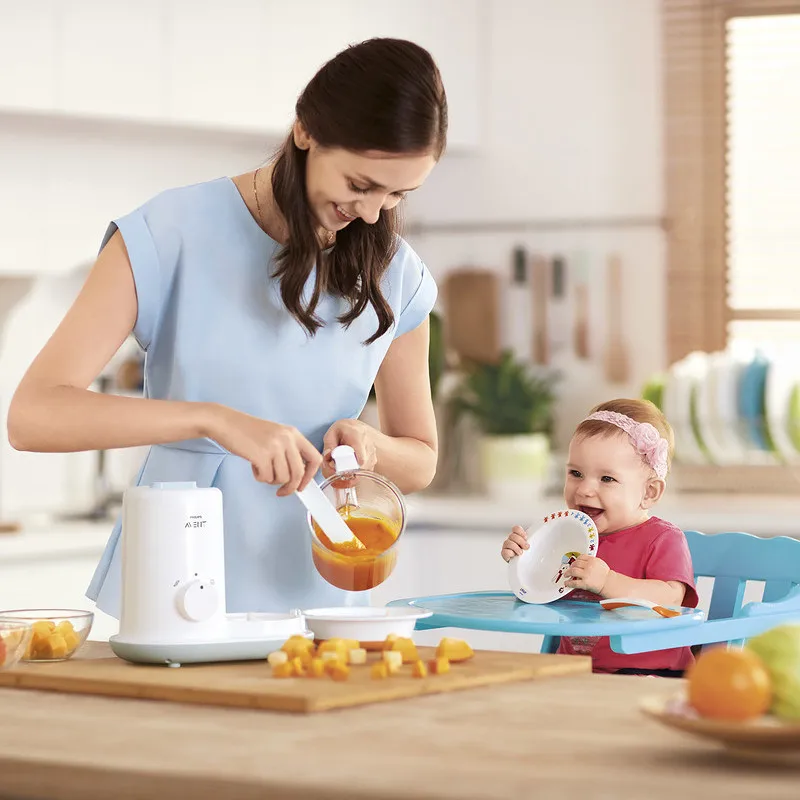 Provide your clients with tasty, nutritious organic formula milk thanks to our partners. It contains healthy raw materials including organic goat milk. In our website, you can also find delicious 12 to 36-month infant formula and various processed cereal-based products for 6-month old children. The latter are made with organic milk, wheat, oat, rice and hydrolysed rice proteins.
Provide your clients with tasty, nutritious organic formula milk thanks to our partners. It contains healthy raw materials including organic goat milk. In our website, you can also find delicious 12 to 36-month infant formula and various processed cereal-based products for 6-month old children. The latter are made with organic milk, wheat, oat, rice and hydrolysed rice proteins.
Quality pregnancy food is key to a healthy baby. It also helps prevent vitamin deficiency and weariness for the mother-to-be. Browse our catalogue to find the healthiest pregnancy products! Our partner suppliers can also provide you with organic teething biscuits, which are indispensable to soothe a baby’s sore gums during the teething process. These should be introduced when the child reaches the age of 8 to 12 months and has already been introduced to solid food. Teething biscuits are a stage-2 to stage-3 baby food, which means that they have a thicker texture than watery single-ingredient purees.
If you like our French baby foods selection, be sure to check out our complete list of French health and baby food. There, you will find lacto fermented natural tofu, organic drinks, fresh fruits, ewe’s milk and even protein bars.
French company recalls baby food in 83 countries – DW – 14.01.2018
Infant formula powder Photo: picture alliance/Photopqr/L'Alsace/J.-F. Frey
Politics
Olga Mishchenko
January 14, 2018
The head of dairy and baby food company Lactalis spoke out for the first time about the Salmonella scandal at the plant in the west of France. More than 30 cases of infection with bacteria have been recorded. nine0005
https://p.dw.com/p/2qpUd
Advertising
Lactalis, a dairy baby food manufacturer, has recalled more than 12 million units in 83 countries over the Salmonella controversy. The head of the company, Emmanuel Besnier, spoke about this in an interview with the Journal du Dimanche newspaper, which went on sale on Sunday, January 14.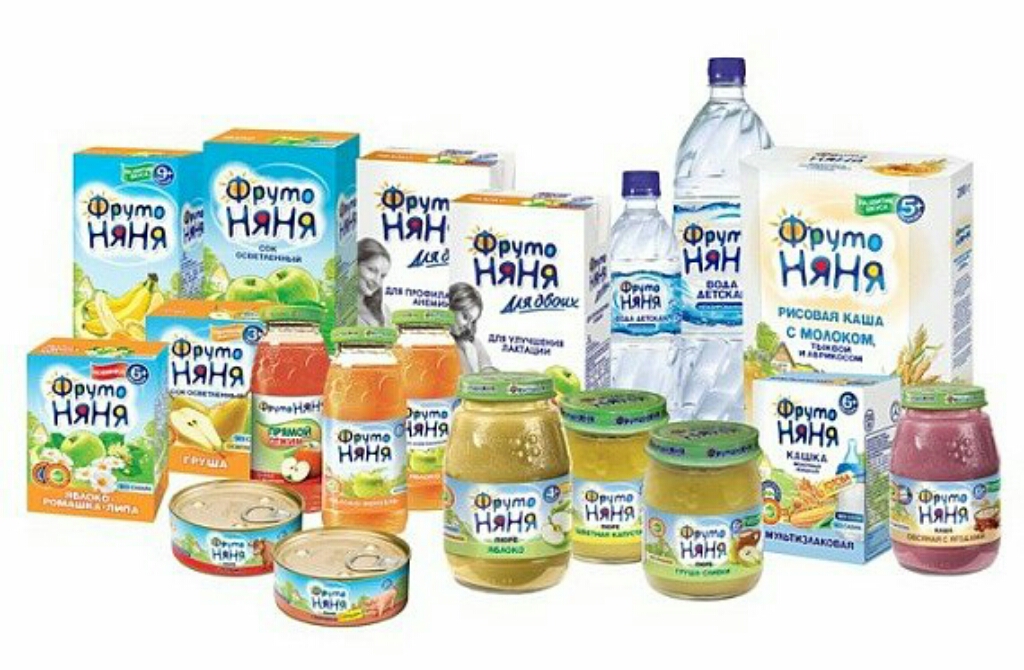
This was the first public statement by the head of Lactalis regarding the Salmonellosis scandal. On the eve of the expansion of the recall of the company's products, said the Minister of Economy of France, Bruno Le Maire. According to him, all units of production will be withdrawn from the company's plant in the city of Craon in the west of the country, and not just baby milk food and breakfast cereals produced after February 15, 2017, as previously decided. nine0005
According to the minister, this will avoid labor-intensive and time-consuming sorting of products. Earlier it became known that in a number of large supermarkets in France, recalled Lactalis products were still on the shelves by mistake.
More than 30 infected babies
The company first reported the product recall in December 2017, after the same types of Salmonella bacteria were found on its production equipment as in the case of more than 30 babies, salmonellosis cases in France.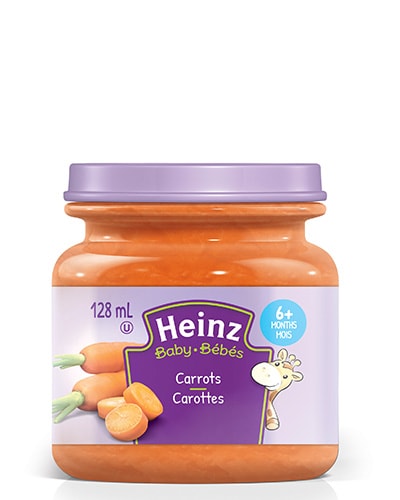 One infection was recorded in Spain. The case of infection of another baby in Greece is currently being checked. nine0005
One infection was recorded in Spain. The case of infection of another baby in Greece is currently being checked. nine0005
Lactalis International Group is the world leader in cheese and dairy products. Its assortment includes such brands as President, Galbani, Parmalat, Lactel, Dukat, Salakis. Lactalis products are manufactured at 236 factories around the world and sold in 149 countries, the company has offices in 85 countries. In Russia, the company is represented by the Lactalis Vostok division.
See also :
How children are vaccinated in Germany
To view this video please enable JavaScript, and consider upgrading to a web browser that supports HTML5 video Page 1 of 3
Skip this section Other publications DWHomepage
Education for children in France
France has long been ranked high for the quality of education, which has many advantages.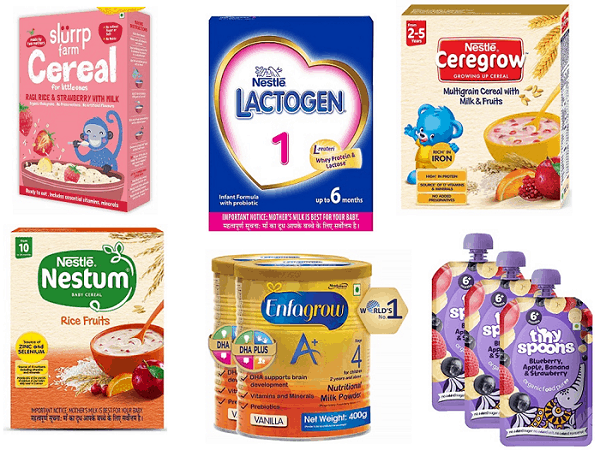 Children are the “flowers of life”, and we always want the best for them. Education for children in France: what can the most romantic country in the world offer to the little "diamonds" of every family? We will tell in this article. nine0040
Children are the “flowers of life”, and we always want the best for them. Education for children in France: what can the most romantic country in the world offer to the little "diamonds" of every family? We will tell in this article. nine0040
The classical education system in France consists of four levels:
- pre-school education - up to 6 years;
- school - from 6 to 11 years old;
- secondary - from 11 to 18 years;
- higher - from the age of 18.
We will talk about pre-school, primary (school) and secondary levels of education.
Education for children in France: pre-school education
In France, after the birth of a child, it is not customary to sit on maternity leave for a long time. Parents who devote all their free time to raising a baby are not often seen here. Therefore, French nurseries accept children from 2-3 months of age. And starting from the age of three, they go to kindergarten, which in France is called the “mother school”.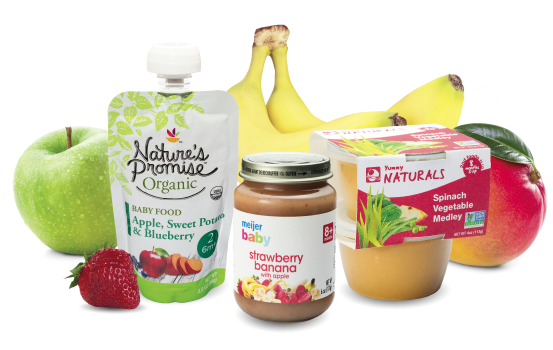 Toddlers can be brought here for a few hours or full time. Sending a child to a kindergarten, parents sign an individual contract, which specifies the work schedules of each of the parents. This mandatory requirement is indicated in the rules for the admission of the child, so that the institution also plans the time for visiting groups. nine0005
Toddlers can be brought here for a few hours or full time. Sending a child to a kindergarten, parents sign an individual contract, which specifies the work schedules of each of the parents. This mandatory requirement is indicated in the rules for the admission of the child, so that the institution also plans the time for visiting groups. nine0005
Kindergarten enrollment takes place at the institution itself, the mayor's office or the Maternal and Child Welfare Center (PMI). Somewhere it is worth signing up immediately after receiving the first certificate of pregnancy. And somewhere - in the seventh month, which is extremely rare. But in any case, as soon as the child is born, the record must be confirmed, otherwise it will be canceled. Nurseries and “mother schools” accept both native French and foreign babies.
Absolutely all kindergartens start their working day at 7:30 and end at 18:30. The staff is no different from the staff we are used to - educators, their assistants, nannies, medical workers and teachers who teach preschoolers to sing, draw and dance.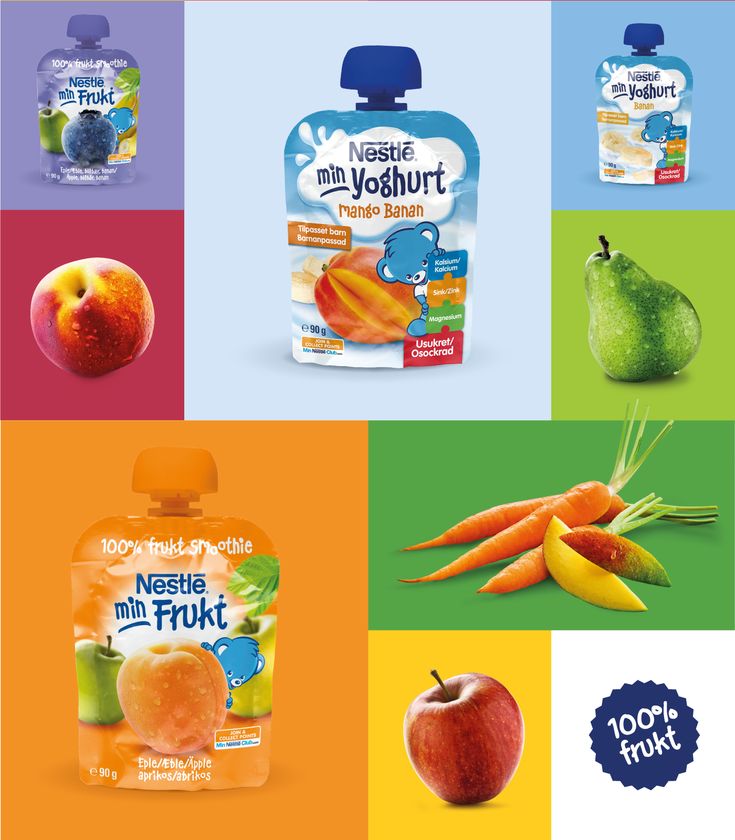 nine0005
nine0005
There are 10 to 18 children in the nursery group, with whom 4 teachers work.
They play educational games with them, read fairy tales, learn songs and do modeling and drawing. Babies are fed as many times a day as is appropriate for their age. And they sleep when they are used to.
In “mother schools” there are usually 25-30 people in groups. Classes are held here, like in a real school: 4 times a week (Wednesday is a general day off), two blocks a day (morning and evening), between which there is a two-hour break when the pupils have lunch and walk. If necessary, additional French classes are held for foreign children. nine0005
The cost of visiting a kindergarten is calculated for each family individually by a special commission. Factors such as the number of days visited per year, the total number of children in the family, and the earnings of each parent are taken into account. It is believed that if one of them does not work and does not study, he should sit with the child.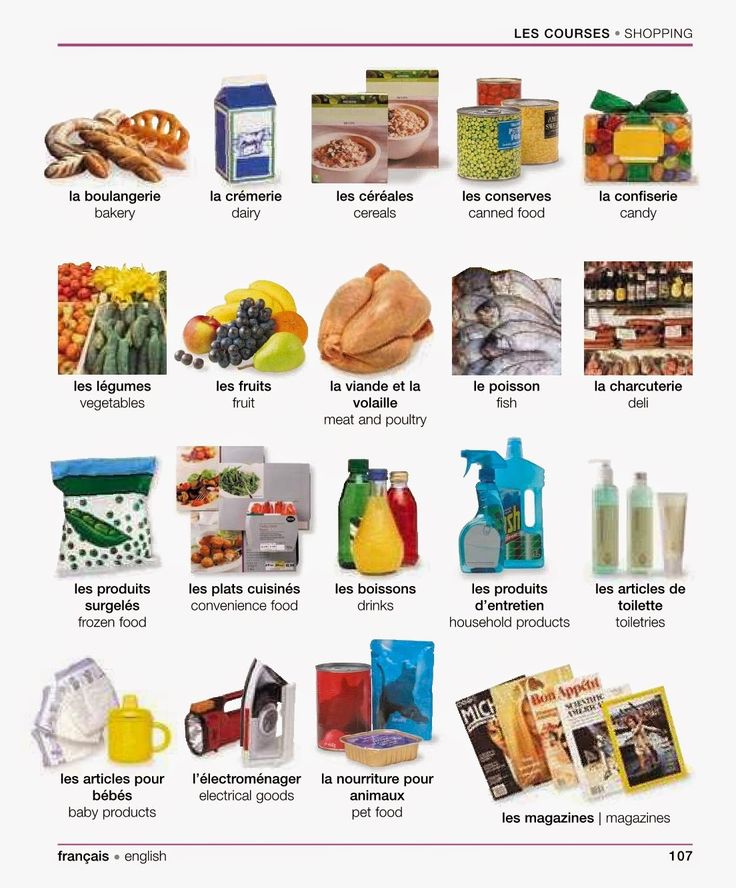 That is, only those babies are admitted to the nursery whose mom and dad are working or studying, which, of course, must be documented. In the event that one of the parents is looking for work, the kindergarten can accept the child for only three months, after which the situation should be reviewed. nine0005
That is, only those babies are admitted to the nursery whose mom and dad are working or studying, which, of course, must be documented. In the event that one of the parents is looking for work, the kindergarten can accept the child for only three months, after which the situation should be reviewed. nine0005
If the baby is still a baby, then every day you need to bring special milk or formula for him. And older children receive other food, which is provided by the institution itself. In addition, parents must bring the required number of diapers per day, but there are nurseries where they are given out.
For example, if there are two children in a family and the annual income is about 30 thousand euros, then one hour of a child's stay in a group will cost 1.25 euros, or 150-190 euros per month. This is the cost of municipal garden services. In private institutions, which are everywhere, a month of stay will cost 500 euros. nine0005
Education for children in France: primary education
French primary education is compulsory and absolutely free.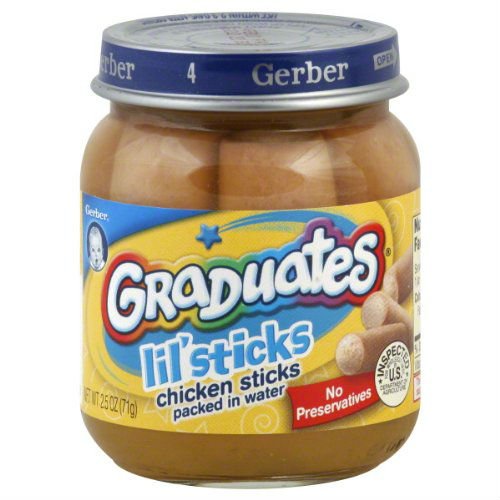 The only thing that parents pay for is food for their child. From the age of six, children begin to go to school, where they study five grades.
The only thing that parents pay for is food for their child. From the age of six, children begin to go to school, where they study five grades.
Admission requires an interview at the school. But in order to receive an invitation to it, parents must submit a motivation letter to the leadership of the educational institution with arguments in favor of their child - why he should study here. In case of a positive answer, the future student is tested in languages and general school subjects. This is done in order to determine what initial knowledge the child already has and what does not. nine0005
There are no admission restrictions for foreign children. Even if the parents do not permanently reside in France, the child can still be accepted into both private and public schools on a general basis.
Secondary education
Another link in the French compulsory education chain. It is represented by colleges and lyceums, where students study for 4 years and 2–3 years, respectively.
State free colleges admit students at the age of 11 without entrance examinations. Studying here lasts 4 years. Unusually, classes are counted in reverse order - from the sixth to the third. In addition to basic subjects, physics, chemistry are introduced into the program, as well as the opportunity to additionally study Latin, Ancient Greek, which can be very important for subsequent university academic education. In the final third grade of the college, students begin to prepare for the choice of their future profession. nine0005
At the age of 15 teenagers continue their studies at the lyceum. They, in turn, are divided in France into two types - general and vocational education. The term of study in educational institutions of general education is three years, after which the path to enter the country's universities is open. The study takes place in the specialties: literature and languages, natural sciences, economics and social sciences. Vocational education lyceums are an analogue of our Russian vocational schools.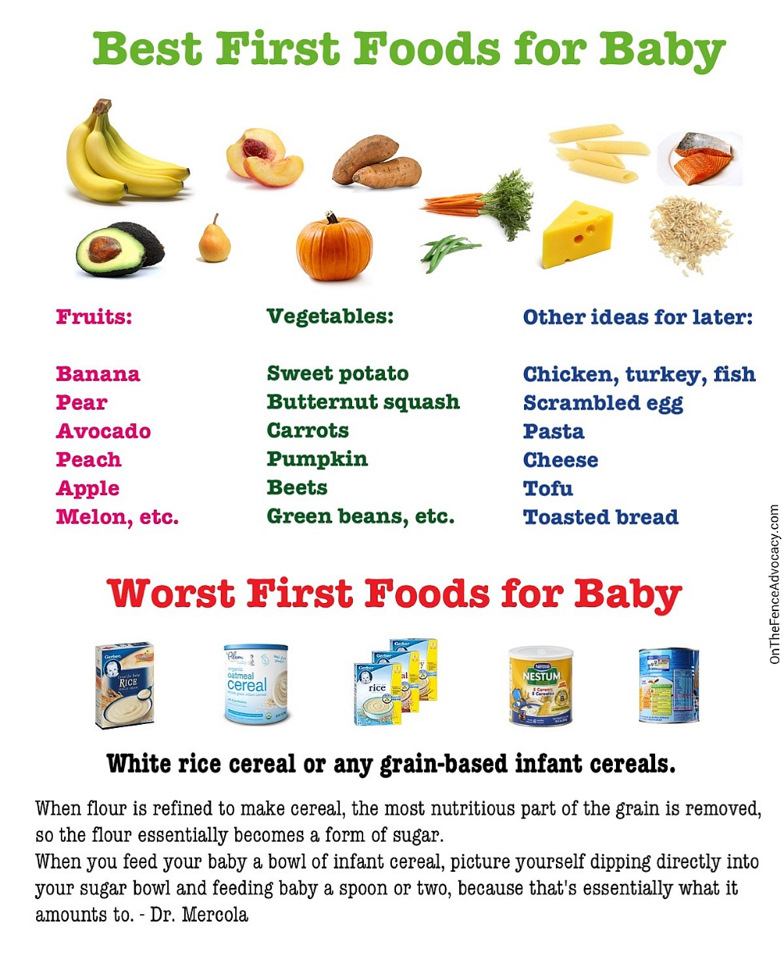 Here they get a narrower specialization in several areas: medical and social sciences, natural sciences and industrial technologies, natural sciences and technologies in the service sector, natural sciences and laboratory technologies. For 2–3 years of study at a lyceum, one can obtain a certificate of secondary education, a working specialty, and a guarantee of subsequent employment. nine0005
Here they get a narrower specialization in several areas: medical and social sciences, natural sciences and industrial technologies, natural sciences and technologies in the service sector, natural sciences and laboratory technologies. For 2–3 years of study at a lyceum, one can obtain a certificate of secondary education, a working specialty, and a guarantee of subsequent employment. nine0005
The most popular are the Lyceum Louis the Great and the Lycee Henry IV.
Education for children in France: features of admission for foreigners
First of all, foreigners are admitted to private schools and state lyceums. This does not mean that other educational institutions are closed to them. It just takes a little more effort to get there. For foreigners, they develop special educational programs, academic French courses, as well as individual programs for each student separately. To create them, the institution determines the candidate's level of knowledge in each subject, according to which the grade is determined.

